A servo tester is a compact device used to check and calibrate servo motors, commonly found in various applications, from radio-controlled (RC) vehicles to industrial machinery. It provides a simple interface for testing and adjusting servo motor functionality.
Features:
- Precision Testing: As The servo tester enables precise examination of servo motors, confirming their range of motion, responsiveness, and accuracy.
- Manual Control: It allows users to instantly adjust servo motors’ position and movement manually.
- Adjustable Pulse Width:Because the users can fine-tune servo motor behavior by modifying the pulse width, optimizing their responses.
- PWM Signal Generation: The tester generates Pulse Width Modulation (PWM) signals, replicating those sent by servo controllers or receivers.
- Compact and Portable: Its compact, handheld design ensures portability and convenience for both bench and field testing.
Applications:
- RC Enthusiasts: Additionally it is essential for RC hobbyists, servo testers configure and calibrate servo motors in RC cars, boats, airplanes, and drones.
- Robotics: In robotics, these testers play a crucial role in development and testing, ensuring precise control of robot arms, grippers, and other moving parts.
- Industrial Automation: Industrial settings use servo testers to validate servo motor functionality and precision in conveyor systems, robotics, and CNC machinery.
- Education: Additionally the educational institutions employ servo testers to teach students servo motor control, electronics, and automation principles.
- Maintenance and Repairs: Technicians rely on servo testers to diagnose and resolve issues with servo motors in various equipment.
- Precision Testing: As The servo tester enables precise examination of servo motors, confirming their range of motion, responsiveness, and accuracy.
- Manual Control: It allows users to instantly adjust servo motors’ position and movement manually.
- Adjustable Pulse Width:Because the users can fine-tune servo motor behavior by modifying the pulse width, optimizing their responses.
- PWM Signal Generation: The tester generates Pulse Width Modulation (PWM) signals, replicating those sent by servo controllers or receivers.
- Compact and Portable: Its compact, handheld design ensures portability and convenience for both bench and field testing.
Applications:
- RC Enthusiasts: Additionally it is essential for RC hobbyists, servo testers configure and calibrate servo motors in RC cars, boats, airplanes, and drones.
- Robotics: In robotics, these testers play a crucial role in development and testing, ensuring precise control of robot arms, grippers, and other moving parts.
- Industrial Automation: Industrial settings use servo testers to validate servo motor functionality and precision in conveyor systems, robotics, and CNC machinery.
- Education: Additionally the educational institutions employ servo testers to teach students servo motor control, electronics, and automation principles.
- Maintenance and Repairs: Technicians rely on servo testers to diagnose and resolve issues with servo motors in various equipment.
- RC Enthusiasts: Additionally it is essential for RC hobbyists, servo testers configure and calibrate servo motors in RC cars, boats, airplanes, and drones.
- Robotics: In robotics, these testers play a crucial role in development and testing, ensuring precise control of robot arms, grippers, and other moving parts.
- Industrial Automation: Industrial settings use servo testers to validate servo motor functionality and precision in conveyor systems, robotics, and CNC machinery.
- Education: Additionally the educational institutions employ servo testers to teach students servo motor control, electronics, and automation principles.
- Maintenance and Repairs: Technicians rely on servo testers to diagnose and resolve issues with servo motors in various equipment.
To Learn More Visit our Website
For more information:-www.mifraelectronics.com


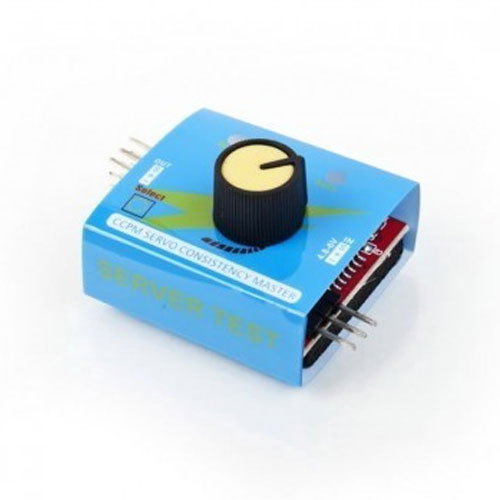
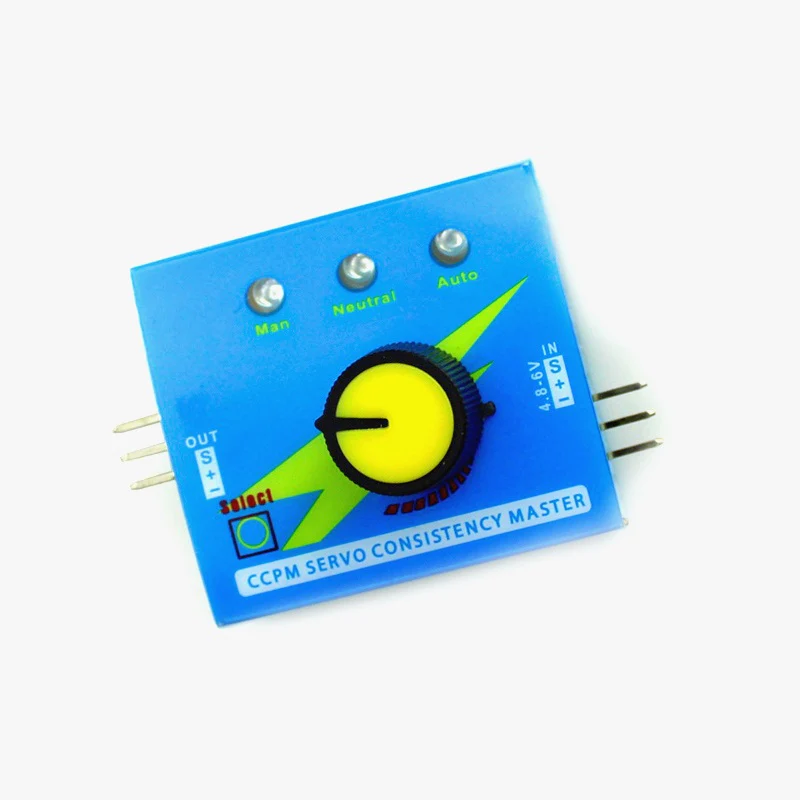
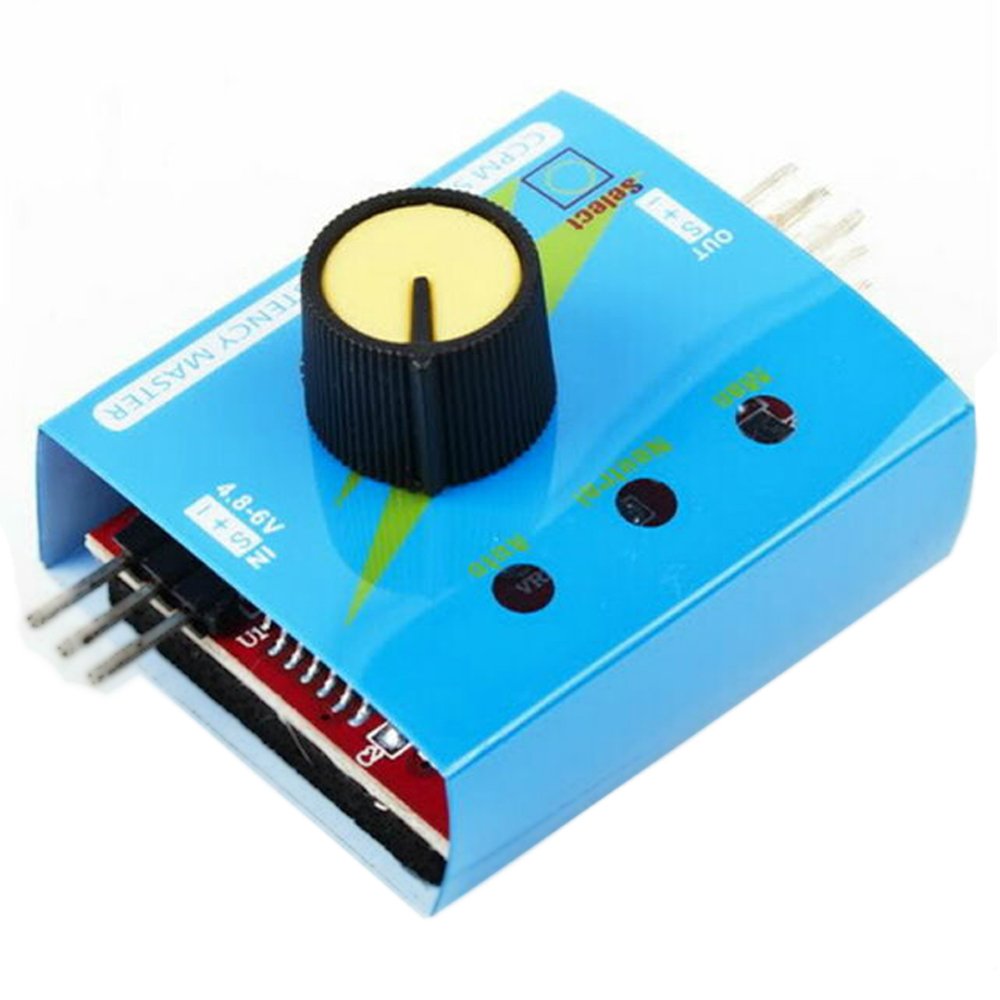
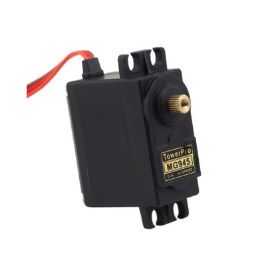
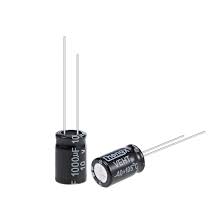

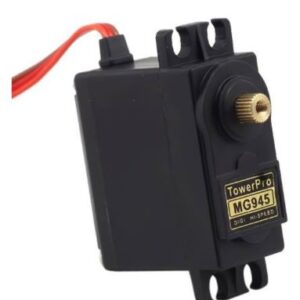
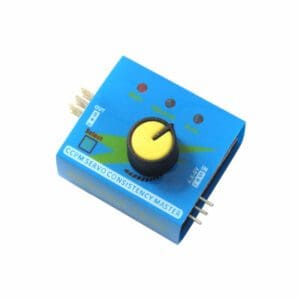
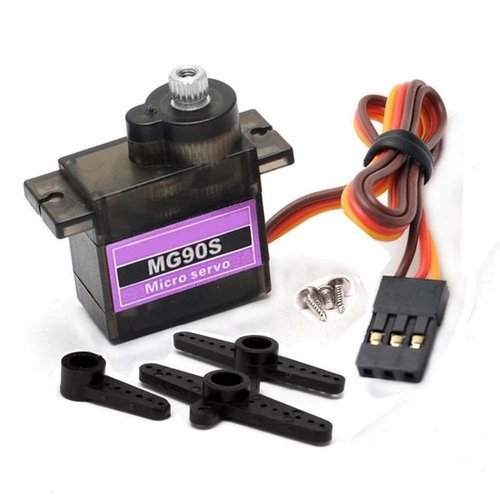
Reviews
There are no reviews yet.